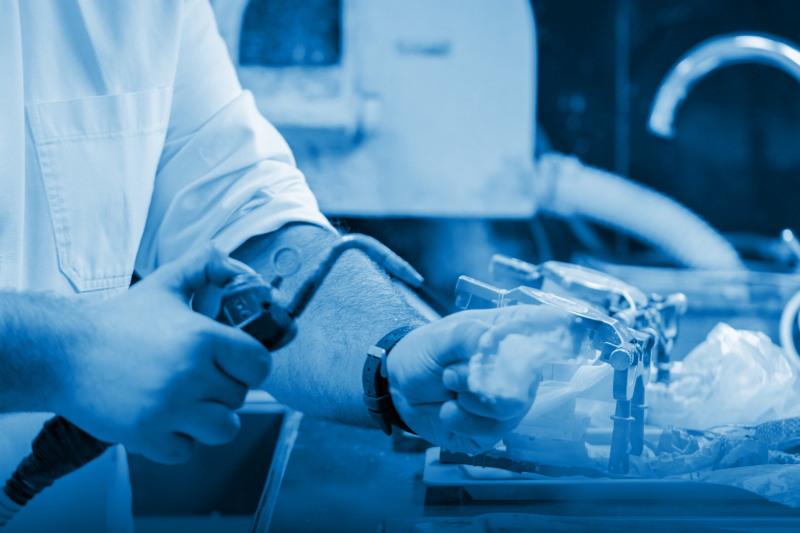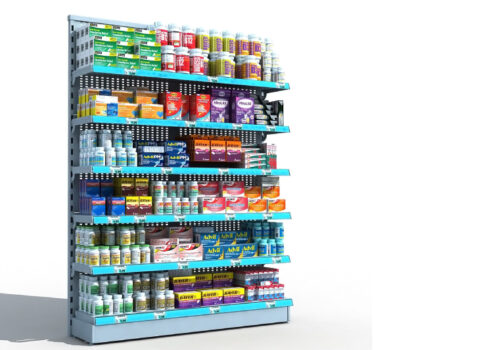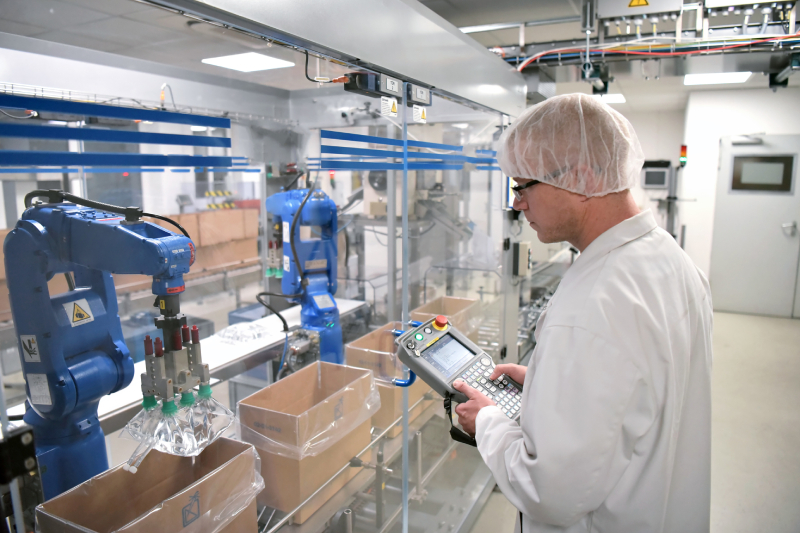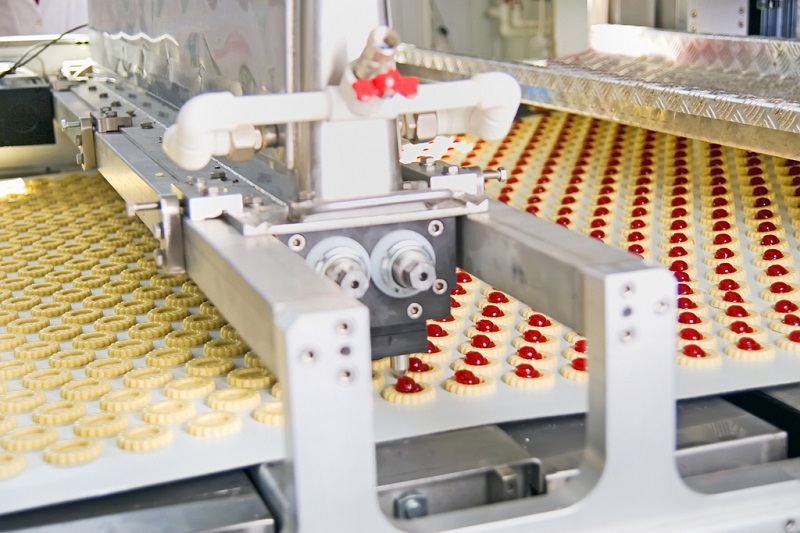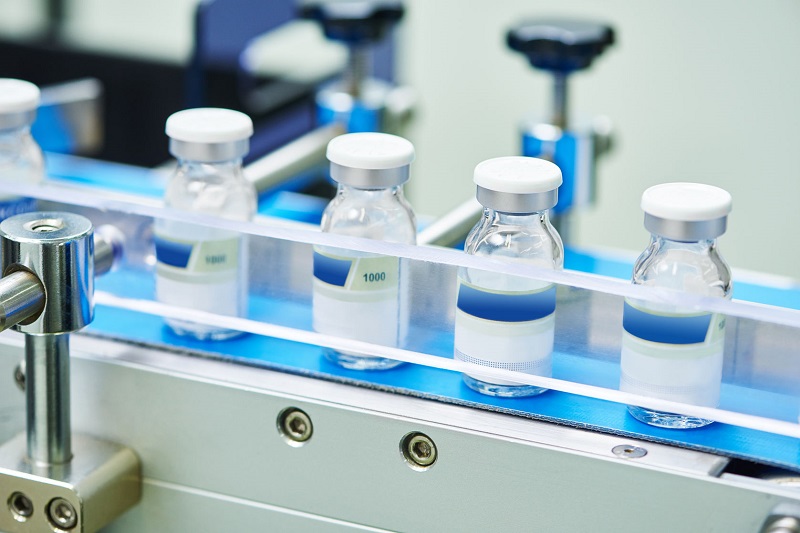Types Of Lab Equipment Used In Diagnostic Center
Equipment In A Diagnostic Centre
Medical diagnostic centres are becoming increasingly important in the industry these days. The lab must have various equipment, including an ABG machine and blood gas analyser, a cell counter and haematology analyser, and a biochemistry analyser. Each of these pieces of equipment is expensive and requires the utmost care. This explains the rising ultrasound scan cost in Chennai (https://www.andersondiagnostics.com/ultrasound/). Learn more here about the types of lab equipment found in diagnostic centres.
List Of Equipments Needed For A Diagnostic Center
Diagnostic laboratories use a wide range of laboratory equipment to provide accurate and timely results for their clients. Here are a few:
- Applied blood gas analysers (ABGAs) are devices that measure blood gas, pH, electrolytes, and certain metabolites.
- Biochemistry Analysers are used to analyse the biochemistry of a substance, such as blood or urine. The analyser easily makes electrolyte measurements through ISE (Ion Selective Electrode) technology.
- A centrifuge is used to separate fluids, and an electrolyte analyser measures the electrolytes in a solution.
- Haematology analysers are used to perform tests on samples of blood.
- Laboratory analysers identify and quantify specific substances in a laboratory setting.
- Diagnostic laboratories use evaporators to remove water and organic solvents from samples before testing.
- Laboratory freezers and refrigerators keep samples at a specific temperature while being studied.
- Incubators are essential laboratory equipment for growing cell cultures and other microbiological samples in a laboratory setting.
- BIOREACTORS AND FERMENTORS are essential laboratory equipment for diagnosing and researching illnesses.
Importance Of Keeping The Lab And Equipment Clean
Staff should clean the lab every day and check their protective equipment to keep it clean. A lab washer-disinfector equipped with hot-air drying capabilities will handle typical glassware cleaning tasks. Maintaining lab cleanliness is one of the most straightforward ways to keep your lab in excellent working order. It prevents cross-contamination and avoids the need for unneeded re-purchases. To keep your lab facility clean and sterile, follow these simple steps recommended by the top diagnostic labs in Chennai.
- If your facility contains high-frequency touchpoints, you should ensure that all surfaces are cleaned regularly.
- Cleaning your facility with a cloth with germs on it is unwise. UV-sterilization devices can clean and disinfect your supplies.
- As a laboratory facility, everyone should dispose of waste in the appropriate bins.
It is critical to have a sufficient supply of daily supplies in your hospital or facility, particularly those used to protect your staff and your patients. Wear personal protective equipment (PPE) and ensure that your facility has hand washers and sanitisers available at all points throughout your facility. Medical facilities should invest in high-tech devices to ensure patient safety.
Safety Measures In Labs
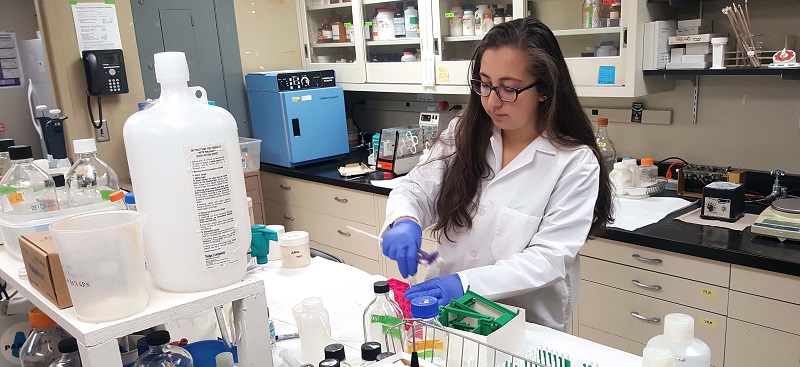
Every laboratory should have the following safety equipment: safety glasses, safety gloves, safety masks, safety shoes, safety gloves, safety glasses, safety glasses, safety glasses, safety glasses. According to the best diagnostic labs in Chennai, it is also important to follow the following safety guidelines to ensure the safety of employees.
- When working in a laboratory, it is important to wash out any foreign material into or around the eyes.
- Lab coats are worn in laboratories to protect against chemical spills. They should be removed as soon as possible if there is a spill.
- Employees should wear protective gloves to protect themselves from potentially hazardous chemicals.
- Chemical- and heat-resistant gloves are examples of gloves that provide greater protection.
- Extinguishers are used to put out fires, and a lab should have the appropriate type of extinguisher for the type of fire that is likely to occur.
- Any laboratory that uses chemicals will find that a fume hood is a necessary piece of safety equipment.
- In every lab, first aid kits should be kept on hand. They should contain bandages, sterilising wipes, sterile dressings, gauze, antiseptic cream, scissors, and eye dressings.
- Flammable liquids should be stored in a cold environment, but a lab-safe refrigerator is essential for safety in any laboratory setting.
Wrapping up:
To keep your lab in peak operating condition, you should perform regular calibrations. Calibration of lab equipment is critical to ensure the precision of your data and the safety of your lab.

